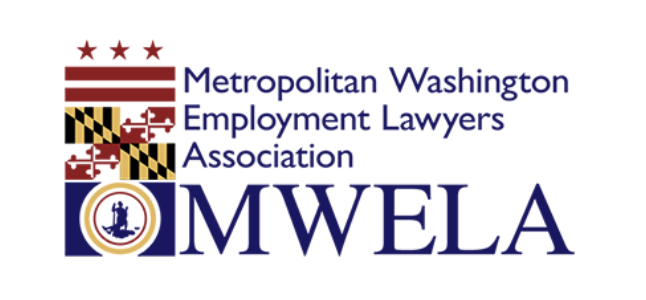At Pines Federal, we genuinely care about helping our clients, because we understand that federal employees face unique legal challenges. That is why as federal employment attorneys, we exclusively assist federal employees with any case, no matter how complex.
We will offer you the compassionate support that you deserve while providing you with the exceptional legal counsel you need. We bring our unmatched dedication, experience, tenacity, sensitivity and personal commitment to the table for each client we represent. When you entrust your case to our federal employee attorneys, you can be confident that you have made a wise choice.
When you schedule a consultation with our team of Houston federal employment lawyers, we will give you an honest assessment of whether you need an attorney or can do it yourself! We can address all questions and concerns that you have about approaching your case. From there, we can also help you decide on a course of action that can further your best interests.
















